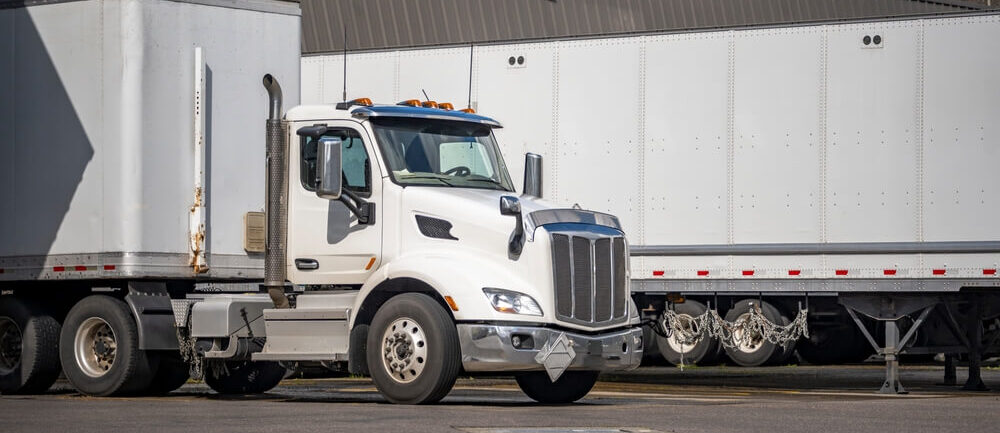
Winning a Texas truck accident claim requires you to show how the truck driver or someone else caused the collision. That means you need robust evidence. One of the best sources of evidence regarding the truck driver’s actions is the truck’s “black box,” which records crucial information you can use to support your claim.
What Is a Truck’s Black Box, and What Does It Record?
The formal name for a truck’s black box is an Event Data Recorder (EDR) or Electronic Control Module (ECM). Despite the name, the device is usually not black and doesn’t always look like a traditional box. These devices are built into most modern commercial trucks and work much like an airplane’s flight data recorder.
A truck’s black box captures and stores essential data about the vehicle’s operation before, during, and after a crash. Investigators and truck accident lawyers in New Braunfels, Texas use black box data in a truck accident investigation to learn how the crash happened and who caused it. Depending on the make and model of the truck, the black box may record the vehicle’s:
- Vehicle speed
- Brake usage
- Engine RPMs
- Throttle position
- Cruise control activity
- Sudden stops or hard braking
- Time and date of events
- Whether seat belts were in use
- Airbag deployment
- Hours of service and driver rest periods
How Black Box Data Helps Prove Fault in a Truck Accident
A truck’s black box provides objective information on the vehicle’s operation and the driver’s actions in the moments leading up to and during the collision. Some black box data that can support your claim include:
- Speed at the Time of the Crash – If the black box shows the truck was speeding, this data can support your argument that the driver was acting dangerously.
- Sudden Braking or Lack of Braking – Data showing the truck driver applied the brakes suddenly or didn’t apply them at all may suggest the driver was distracted or asleep.
- Throttle Position and Acceleration – Information indicating that the truck was accelerating into a stop or turn can suggest driver errors or aggressive behavior.
- Hours of Service Violations – The black box may reveal that the driver exceeded federal hours-of-service limits, indicating fatigue or that the driver’s employer pushed them to break the rules.
- Mechanical Performance Data – Information about engine or brake issues can help determine whether equipment failure contributed to the crash.
Who Controls Black Box Data and Why It’s Crucial to Act Quickly
The trucking company usually controls a truck’s black box data. They’re not legally required to keep it forever—and it can be deleted, lost, or overwritten.
That’s why it’s critical to act quickly after a crash. Your lawyer can send a legal notice, called a spoliation of evidence letter, demanding that the trucking company preserve the data before it disappears. Proving what really happened is much harder without this evidence.
How Burch Law Firm Can Help After a Truck Accident in Texas
Burch Law Firm can move fast after a truck accident to protect your rights and build your personal injury case. We’ll investigate the crash, send a spoliation letter to preserve black box data, and work with experts to analyze the evidence. Our team will also gather witness statements, inspect the vehicles involved, and review driver logs and maintenance records.
We know how to deal with trucking companies and their insurers—and we won’t back down. Call now or complete our contact form for a free case evaluation. Let us pursue the compensation you deserve.




